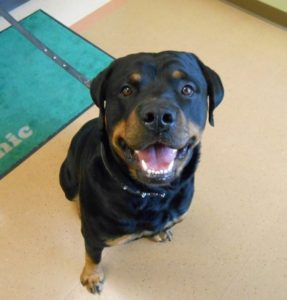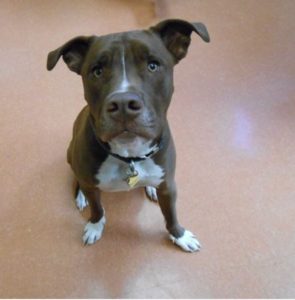 Highland Park Pet Allergy Veterinary
Highland Park Pet Allergy Veterinary
An allergy is a state of over-reactivity or hypersensitivity of the immune system to a particular substance called an allergen. Most allergens are proteins from plants, insects, animals, or foods.
We have several ways of classifying allergies. Some examples include:
- Allergen – flea allergy, food allergy
- Route the allergen takes into the body – inhalant allergy, skin contact allergy, or food allergy
- The time it takes for the immune reaction – immediate-type hypersensitivity, also called anaphylaxis or shock, and delayed-type hypersensitivity
- Clinical signs – allergic dermatitis or allergic bronchitis
- Inherited forms – atopy or seasonal allergies
 Highland Park Dog Allergy Veterinary
Highland Park Dog Allergy Veterinary
Dogs, like humans, have allergies to different substances like plant particles, air or food substances. These allergens release histamines and other substances when inhaled or absorbed through the skin, gastrointestinal tract, or respiratory tract. This can result in inflammation, swelling, and itching.
The most common symptom from allergies in a dog is itching of the skin. In other cases, dogs can experience coughing, sneezing or wheezing, running discharge from the eyes or nose, vomiting, and diarrhea. Allergies are common in dogs of all breeds, and most allergies don’t appear until after your pet reaches six months old, while most dogs start to be effected after 1 or 2 years.
 Highland Park Cat Allergy Veterinary
Highland Park Cat Allergy Veterinary
Unlike dogs, when cats have allergies, they can experience an extreme reaction to common everyday substances and environments. As your cat tries to fight off these allergies, they can show a variety of symptoms, such as:
- Sneezing, coughing (if the cat has asthma), wheezing
- Itchy skin/increased scratching
- Itchy, runny eyes
- Itchy back or base of the tail (most commonly seen in flea allergies)
- Itchy ears and ear infections
- Vomiting
- Diarrhea
- Snoring caused by an inflamed throat
- Paw chewing/swollen paw
If your pets start to show any of the symptoms provided, give us a call to schedule an appointment immediately.
- Allergy
- Blood Pressure
- Capnography
- Chip Implantation
- Dental Cleaning
- Dietary Management
- EKG
- Emergency
- Geriatric Care
- Kitten
- Pet Preventive Care
- Pet Laboratory Testing
- Pet Vaccines
- Pulse Oximetry
- Puppies
- Surgery
- Travel Certification
- Ultrasound
- X-Ray


